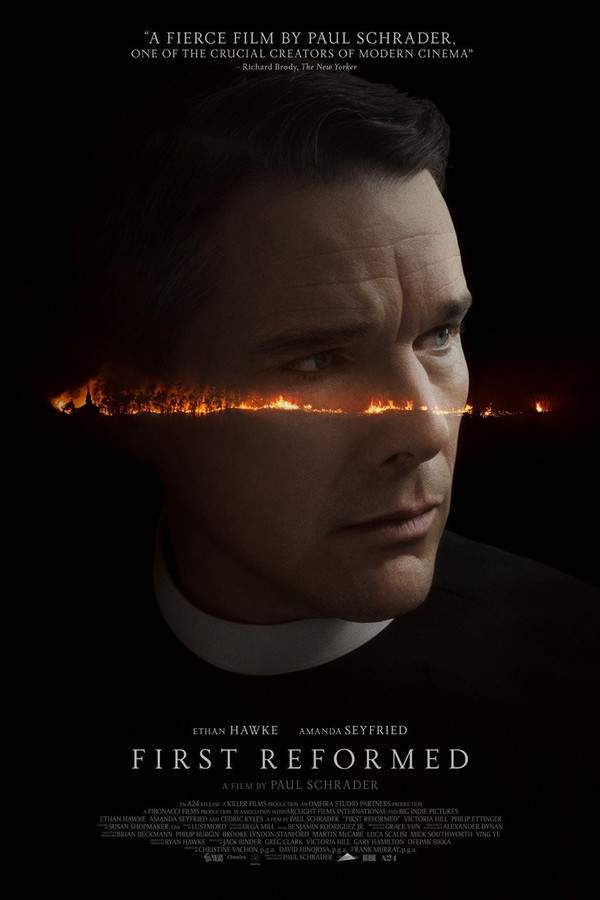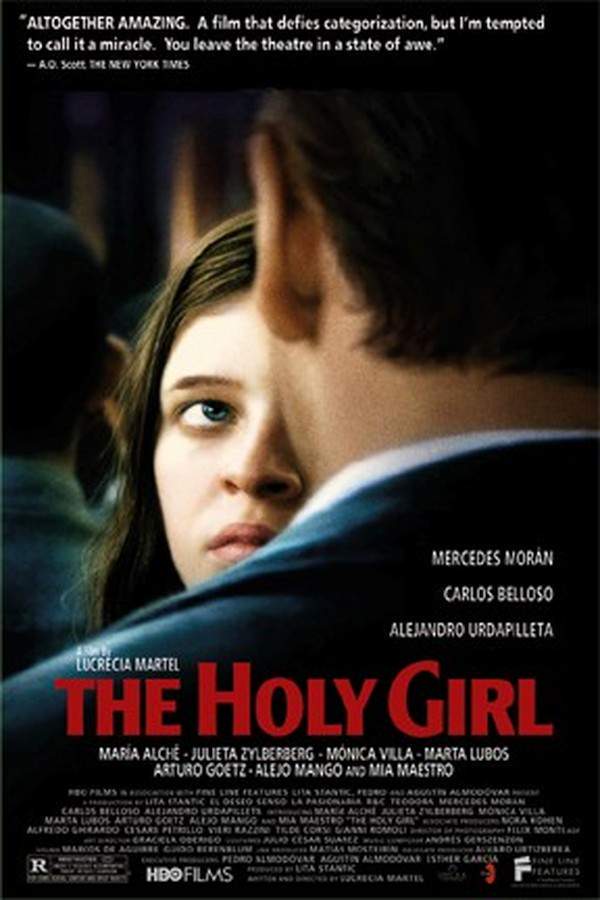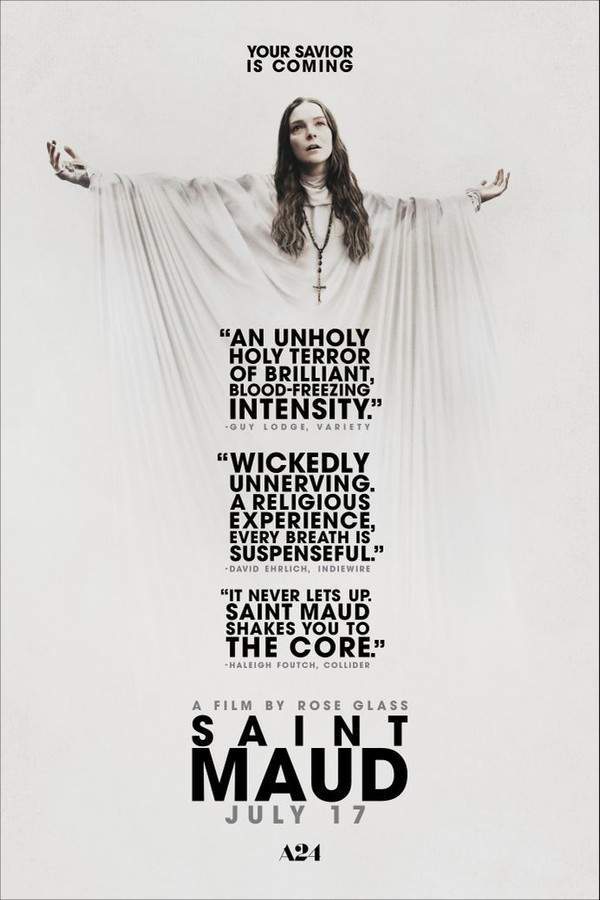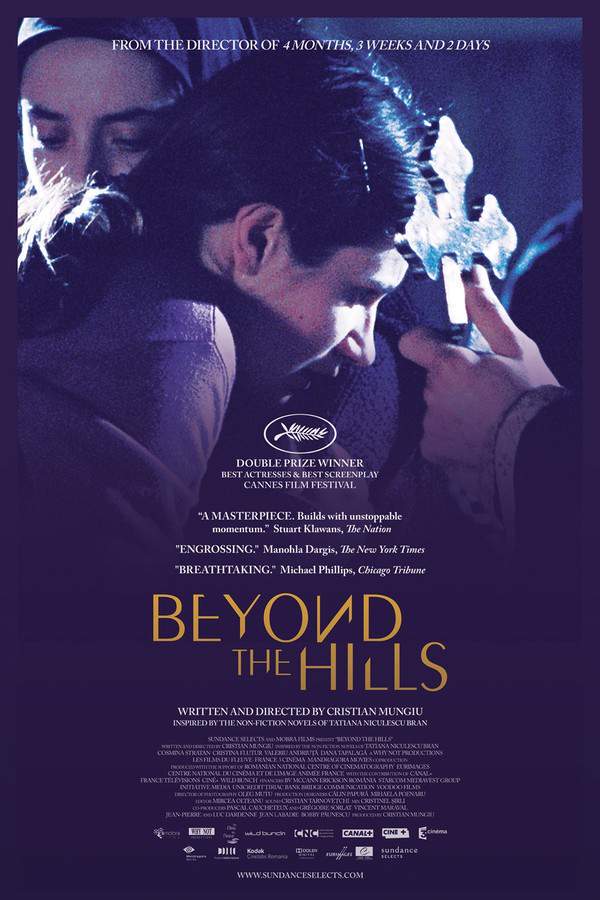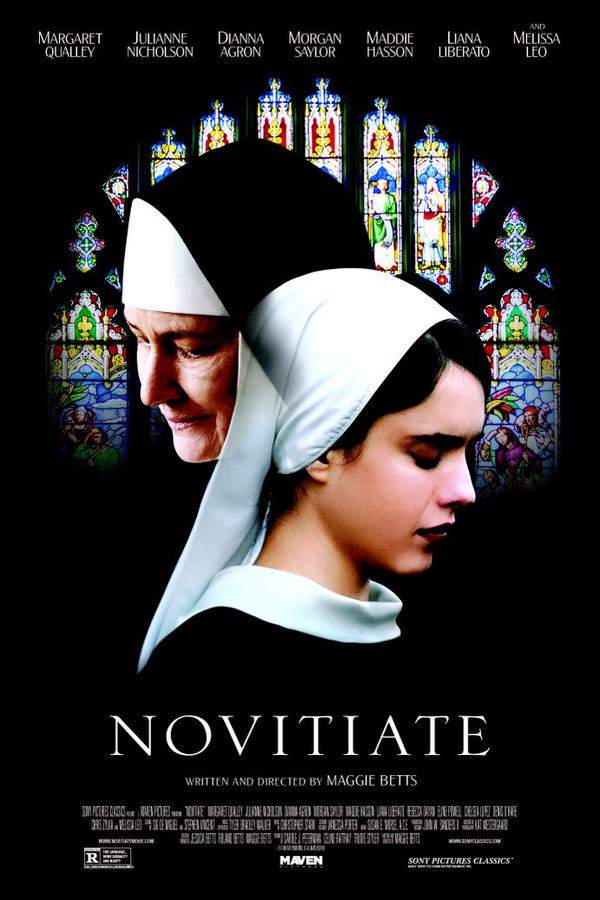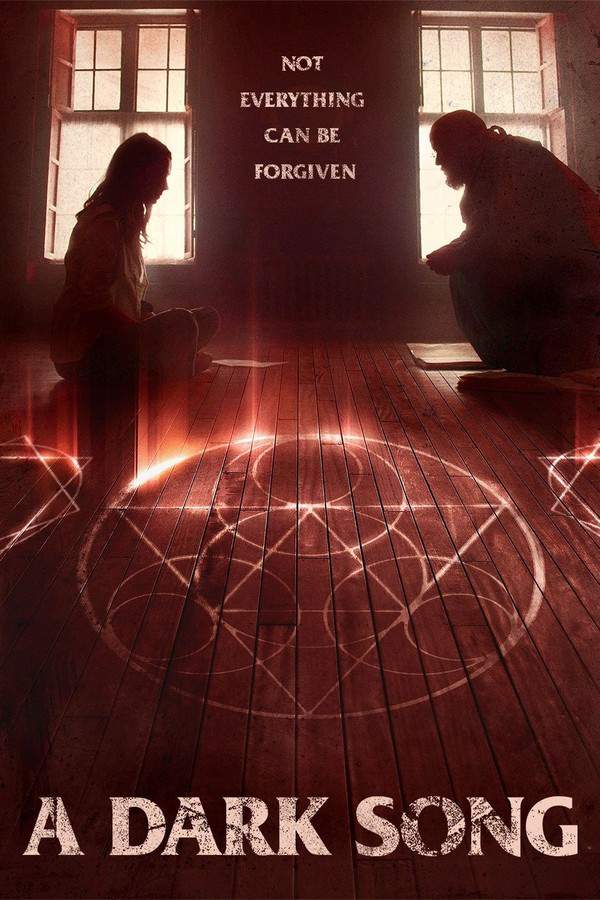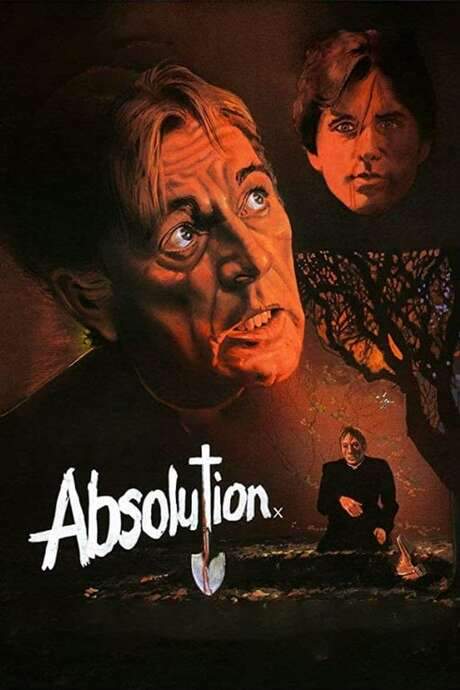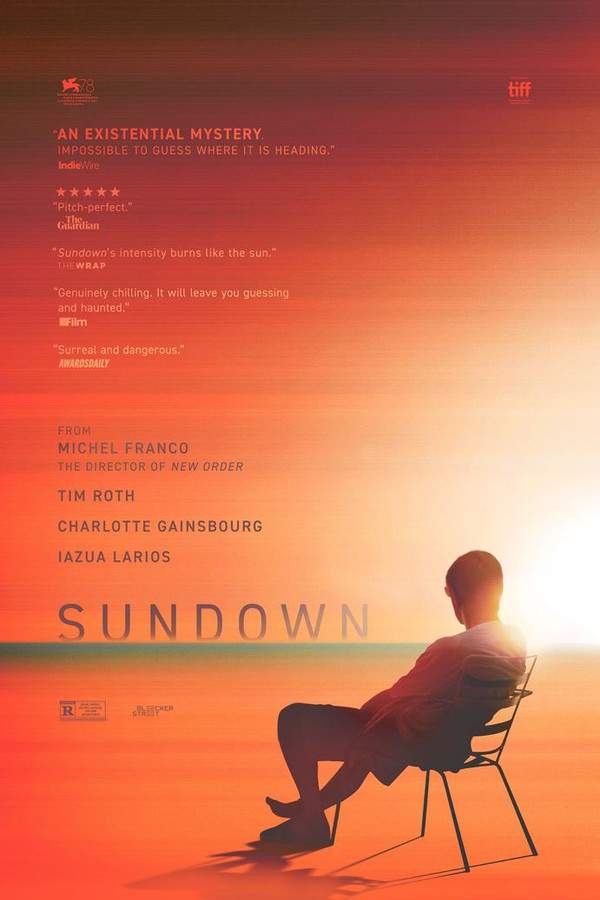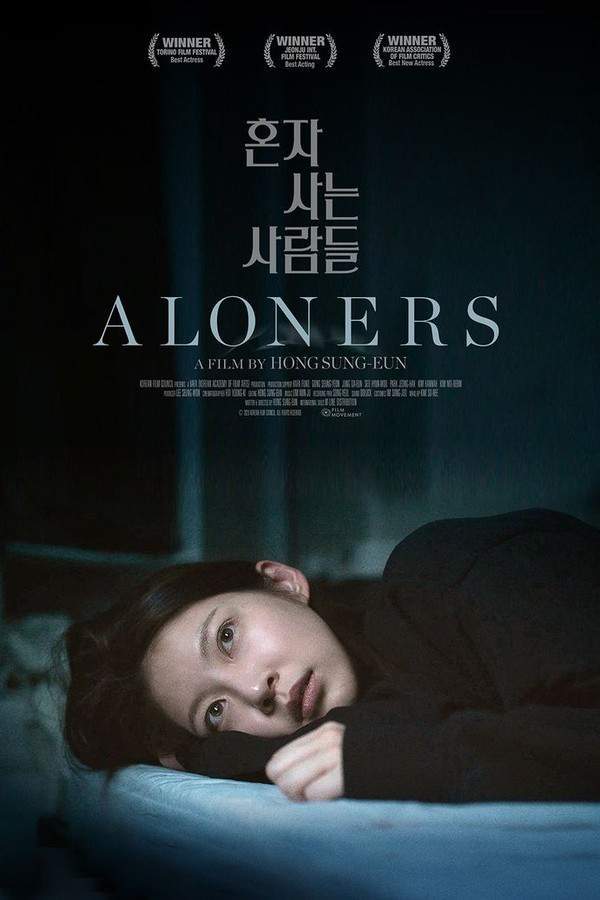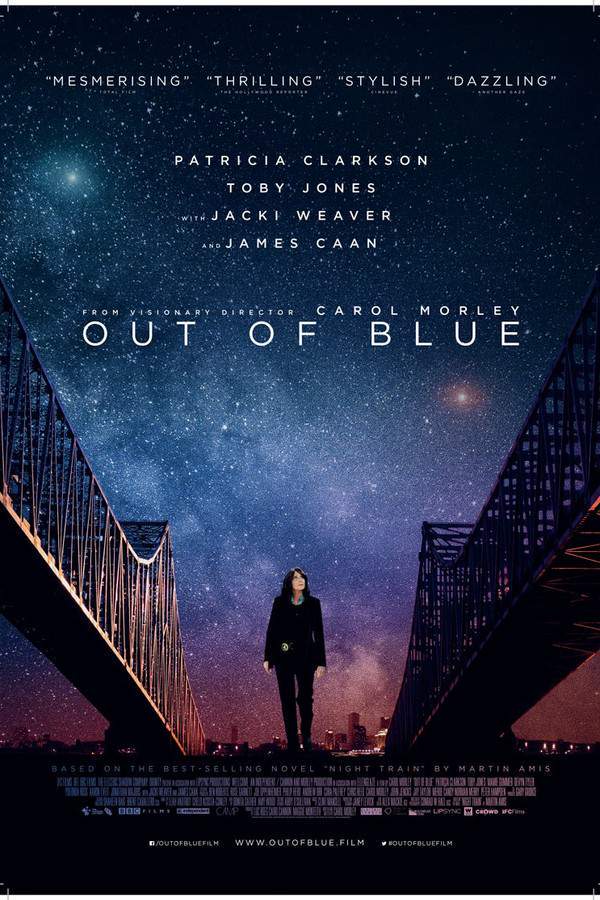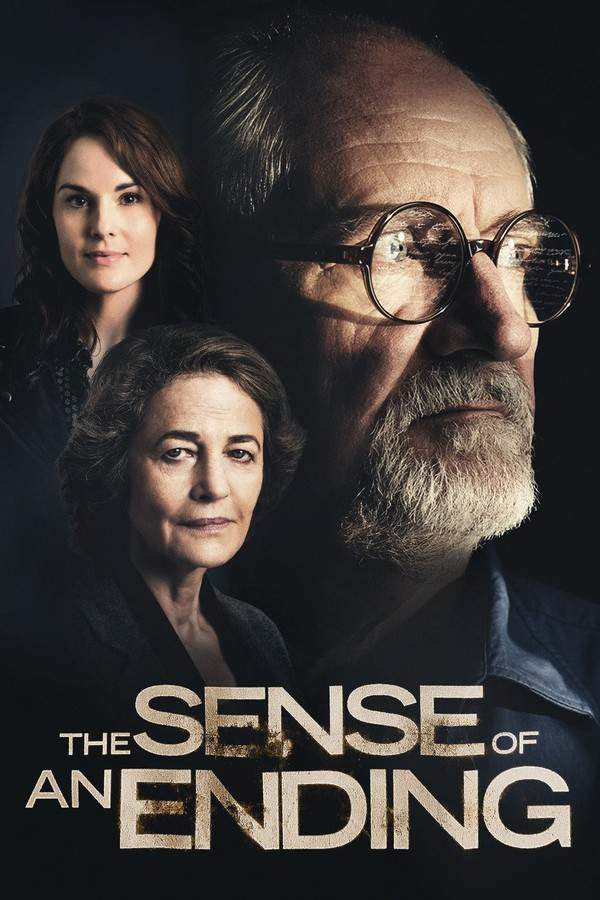
Takva: A Man’s Fear of God
Year: 2006
Runtime: 96 mins
Language: Turkish
Director: Özer Kızıltan
Muharrem, an introvert living a solitary life of prayer and celibacy, draws the attention of an Istanbul religious leader who makes him rent collector for the group’s properties. The job thrusts him into modern society, confronting alcohol, pride and seductive dreams that disturb his peace, turning his fear of God into consuming anxiety.
Warning: spoilers below!
Haven’t seen Takva: A Man’s Fear of God yet? This summary contains major spoilers. Bookmark the page, watch the movie, and come back for the full breakdown. If you're ready, scroll on and relive the story!
Takva: A Man’s Fear of God (2006) – Full Plot Summary & Ending Explained
Read the complete plot breakdown of Takva: A Man’s Fear of God (2006), including all key story events, major twists, and the ending explained in detail. Discover what really happened—and what it all means.
Muharrem is introduced as a humble and devout man, living a solitary and austere life defined by prayer and sexual abstinence. His deep devotion catches the attention of the Seyh, the head of a Istanbul Sufi order, who offers him an administrative post as a manager for the seminary properties that support a school for orphans and poor children. This new role pulls him out of his quiet routines and thrusts him into a world he has scarcely experienced, a landscape of buses, markets, and conversations about money, duty, and appearances.
As Muharrem steps into the outside world, he witnesses a tapestry of competing attitudes toward alcohol, charity, and honesty. He begins to see that his own inner calm is being tested by the practical demands of management and the temptations of everyday life. The more he engages with people and their struggles, the more he notices traits in himself that feel unfamiliar and unsettling: pride, a tendency to dominate, and at times a slip toward dishonesty. Throughout, his faith remains intact, and he seeks forgiveness from Allah while looking to the Seyh for guidance, hoping to stay true to his spiritual calling.
A shadow looms as the Sheikh’s rigorous insistence on rent collection—extended to everyone, even those who cannot pay—begins to clash with Muharrem’s growing sense of mercy. The Sheikh’s retreat leaves Muharrem without immediate counsel, and he is left to navigate a moral crossroad alone. At first, his approach to money is measured and fair; he shows compassion toward a family struggling to pay, trying to balance justice with mercy. But pressure mounts as he is urged to collect from all, regardless of circumstance, and he faces a painful choice between following his own inner voice and honoring the directives he has received from the Sheikh.
This crisis of spirit is not merely about money. It is a collision between Muharrem’s inner piety and the visible changes in his own character caused by this new responsibility. His sense of peace wavers, and the fear of losing his spiritual compass gnaws at him. The tension between devotion and the demands of reality pushes him toward a breaking point, one that tests his faith and his resolve to live by the values he holds dear. The struggle culminates in a startling turn of events: Muharrem slips into a catatonic state, resting in bed while the world—neighbors, the seminary, and even the Sheikh’s own circle—circles around him. He is cared for by the Sheikh’s daughter, a presence who remains close yet remains almost unseen by him, as he lies in a liminal space between fervent devotion and the fragility of human frailty.
In the end, the story traces a portrait of spiritual crisis and quiet resilience. Muharrem’s journey is not a fall from grace but a painful apprenticeship in the balance between piety and the imperfect, modern world he never truly chose to inhabit. It is a meditation on humility, accountability, and the stubborn, longing search for guidance when the path ahead grows unclear. Through his trials, the film asks a timeless question: how does a person of faith stay true when the pressures of life pull in opposing directions, and what does it mean to seek forgiveness when the distance between ideal and reality feels vast and unbridgeable?
Last Updated: October 09, 2025 at 16:43
Explore Movie Threads
Discover curated groups of movies connected by mood, themes, and story style. Browse collections built around emotion, atmosphere, and narrative focus to easily find films that match what you feel like watching right now.
Movies about spiritual crisis and religious doubt like Takva: A Man’s Fear of God
Stories of profound spiritual turmoil and the collapse of unwavering faith.If you liked Takva: A Man’s Fear of God, explore these similar films about profound spiritual turmoil. These movies feature characters grappling with their faith, facing moral compromise, and undergoing a psychological descent, all set against the backdrop of rigid religious structures.
Narrative Summary
These narratives typically follow a devout individual whose simple, insulated faith is violently shaken by encounters with worldly power, desire, or philosophical doubt. The journey is one of internal collapse, charting a descent from piety into anxiety, despair, or a shattering loss of self, often with no easy resolution.
Why These Movies?
Movies are grouped here for their shared focus on the intense psychological weight of a spiritual crisis, their dark and somber tone, and their exploration of themes like religious authority, tradition versus modernity, and the high cost of maintaining faith in a corrupting world.
Slow-burn psychological dramas about mental unraveling like Takva: A Man’s Fear of God
Quiet character studies where pressure mounts until the mind fractures.Find more movies like Takva: A Man’s Fear of God that explore a slow psychological unraveling. These character-driven stories use a deliberate pace to build unease, focusing on the internal pressure that leads to a mental breakdown, creating a heavy and contemplative viewing experience.
Narrative Summary
The narrative pattern is one of steady, accumulating pressure on an isolated or introverted character. There are few explosive events; instead, the drama unfolds through small, corrosive interactions and moral compromises that chip away at the protagonist's sanity, culminating in a bittersweet or bleak conclusion that reflects their broken state.
Why These Movies?
These films share a specific cinematic DNA: a slow, deliberate pacing that allows for deep character introspection, a medium-to-high intensity derived from psychological tension rather than action, and a heavy emotional weight centered on themes of isolation and mental distress.
Unlock the Full Story of Takva: A Man’s Fear of God
Don't stop at just watching — explore Takva: A Man’s Fear of God in full detail. From the complete plot summary and scene-by-scene timeline to character breakdowns, thematic analysis, and a deep dive into the ending — every page helps you truly understand what Takva: A Man’s Fear of God is all about. Plus, discover what's next after the movie.
Takva: A Man’s Fear of God Timeline
Track the full timeline of Takva: A Man’s Fear of God with every major event arranged chronologically. Perfect for decoding non-linear storytelling, flashbacks, or parallel narratives with a clear scene-by-scene breakdown.

Characters, Settings & Themes in Takva: A Man’s Fear of God
Discover the characters, locations, and core themes that shape Takva: A Man’s Fear of God. Get insights into symbolic elements, setting significance, and deeper narrative meaning — ideal for thematic analysis and movie breakdowns.

Takva: A Man’s Fear of God Spoiler-Free Summary
Get a quick, spoiler-free overview of Takva: A Man’s Fear of God that covers the main plot points and key details without revealing any major twists or spoilers. Perfect for those who want to know what to expect before diving in.

More About Takva: A Man’s Fear of God
Visit What's After the Movie to explore more about Takva: A Man’s Fear of God: box office results, cast and crew info, production details, post-credit scenes, and external links — all in one place for movie fans and researchers.


